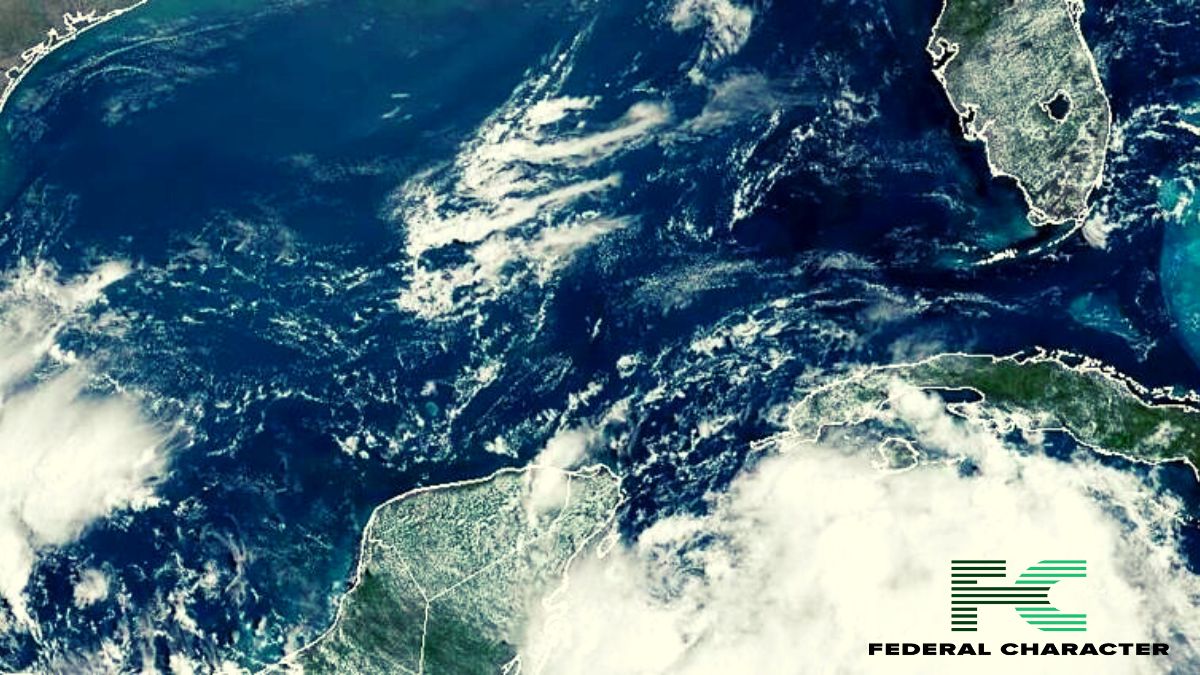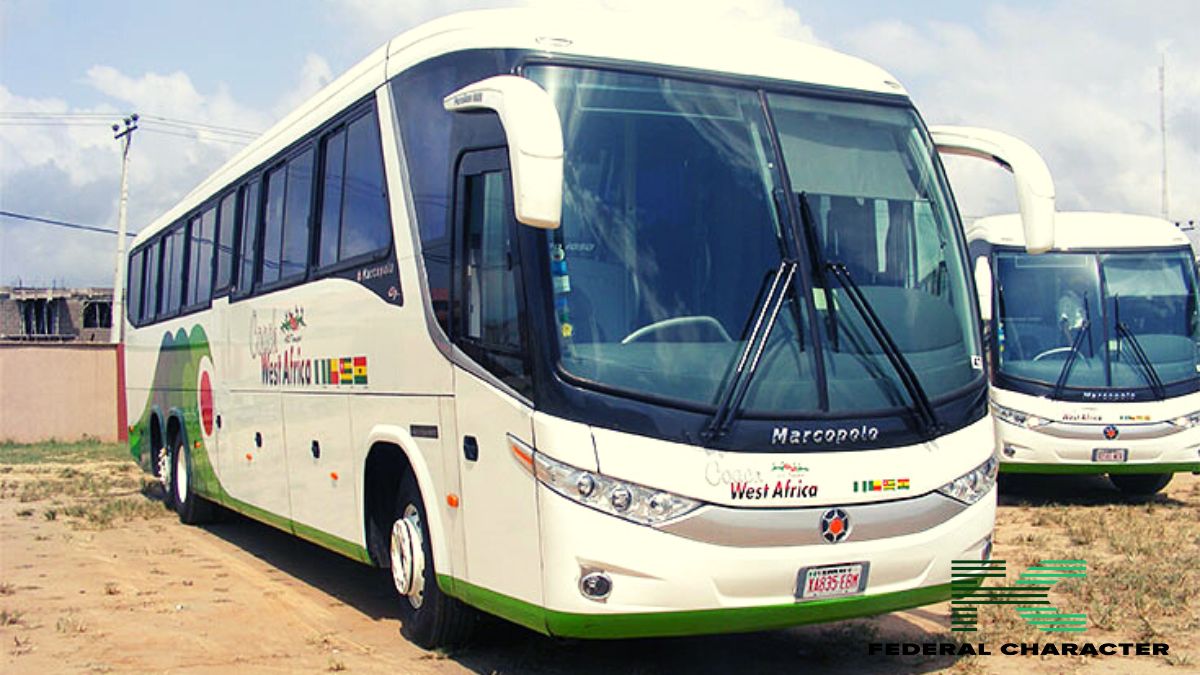The latest advisory from the United Kingdom has sent shockwaves across Nigeria, signaling a country spiraling out of control, UK citizens are now being told to avoid travel to large parts of the country due to terrorism, violent crime, kidnappings, and ongoing clashes, a warning that should shame the government but, unsurprisingly, may barely register with officials in Abuja. The advisory, blunt in tone, paints a picture of a nation where safety is no longer a guarantee, and yet, the Nigerian government continues to offer vague assurances while the streets and rural areas crumble under insecurity.
Government Promises, Citizens Pay the Price
It is hard to overstate the irony: while the UK is issuing travel warnings citing growing violence and kidnappings, the Nigerian government continues its habit of empty statements. Official sources may claim to be “monitoring the situation” or “working tirelessly to restore order,” but on the ground, people are still paying ransoms, fleeing homes, and avoiding schools due to fear. The contrast between glossy press releases and the reality of daily life is stark and deeply embarrassing.

Residents in Borno, Yobe, and Adamawa states highlighted as high-risk in the advisory live with the knowledge that terror groups like
Boko Haram or ISIS-West Africa can strike at any time. Government programs to tackle these threats are either too slow, too small in scale, or entirely absent. Meanwhile, the advisory points top ordinary acts of violent crime spreading even to the wealthier suburbs of Abuja, showing that the government’s claim of “security improvements” is more fiction than fact.
Kidnapping Becomes the Norm
The advisory highlights a particularly grim reality: kidnapping for ransom has become a business in Nigeria, targeting not just locals but also foreign workers and humanitarian personnel. While the Nigerian government may make occasional statements condemning these acts, communities are left to raise funds to free their own people. In this light, the UK warning is not just a caution, it is an indictment of decades of government inaction, weak law enforcement, and corruption that allows criminality to flourish.
The North-East: A War Zone Ignored
The advisory paints Adamawa, Borno, and Yobe as conflict zones where “regular military operations are ongoing” but threats remain high. Civilians are warned that any deterioration in security could trap them in dangerous situations. One cannot help but ask: how many more travel advisories will it take before Nigerian authorities realize that people cannot live, work, or move safely within their own country? The government’s failure here is not just bureaucratic, it is criminal negligence.
South-East and South-South: Militant Threats Rising
The advisory does not spare the southern regions either. Delta, Bayelsa, Rivers, Akwa Ibom, and Cross River states are described as hotspots for militant attacks, particularly targeting oil and gas infrastructure. Residents of these regions face violent raids, kidnappings, and extortion, while the government appears to treat these incidents as statistics rather than emergencies. For a country whose economy depends heavily on oil, the failure to protect critical infrastructure is a national disgrace.
Lagos and the
South-West: Cities Under Siege
Even Lagos, Nigeria’s commercial hub, comes under fire. Violent crimes such as armed robbery, mugging, and car-jackings are reportedly “common,” particularly in larger urban areas. Once again, government statements are full of rhetoric “we are committed to ensuring safety and security” but the streets tell a very different story. Residents are increasingly skeptical of any official claim, and travel warnings from the UK only reinforce their fear and frustration.
International Embarrassment
This advisory is more than just a safety notice, it is a global embarrassment. Nigeria, which seeks foreign investment and tourism, is now publicly labeled as “too dangerous to visit.” Every foreign investor, diplomat, and tourist will now question the government’s competence. Yet, officials seem almost proud of issuing the usual empty reassurances, as if words alone could protect citizens.
A Government of Empty Promises
The pattern is consistent: promises without action. Press statements, task forces, and endless briefings cannot replace real governance. From the North-East to Lagos, ordinary Nigerians continue to pay the price for an administration that fails to act decisively against criminals, militants, and kidnappers. Meanwhile, foreign nations no longer just advise caution, they warn against visiting altogether.
What Next?
If Nigeria’s leaders are paying attention, the UK’s stark warning should serve as a wake-up call. Citizens need protection, not PR. Roads, schools, towns, and cities must be made safe. Criminals and militants need to be prosecuted, not ignored. Until that happens, foreign advisories will keep coming, investment will dry up, and the government will continue to look foolish on the international stage.
The UK warning is a mirror reflecting Nigeria’s failures. How long will the government continue to pretend that everything is under control while the country literally burns around them?

















